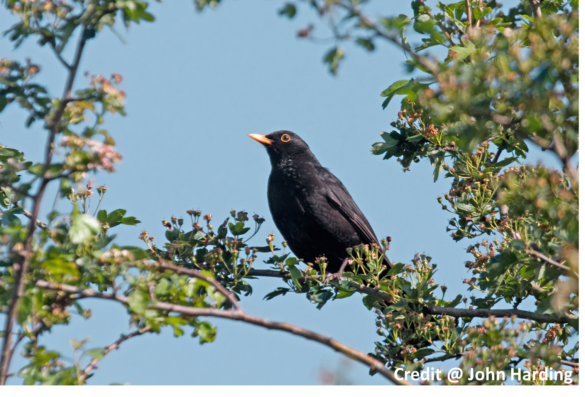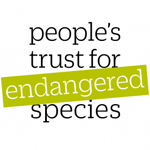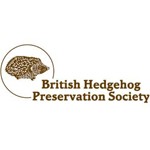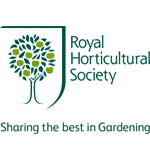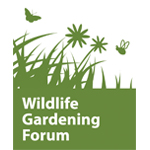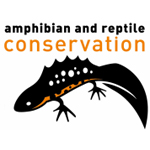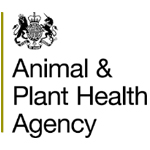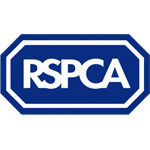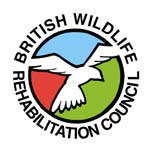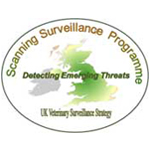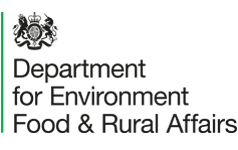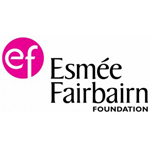Our particular focus is on garden birds, amphibians, reptiles and hedgehogs. For this we count on the help of the public to submit reports of sick or dead wildlife and to submit samples for analysis.
Wildlife diseases can cause population declines and even local species extinctions. They are a welfare concern (especially if they are caused, or exacerbated, by human activities) and some wildlife diseases can impact public health. It is important, therefore, that we monitor trends in wildlife diseases to identify their impact, underlying causes and to identify new and emerging threats. Every report submitted by the public contributes to a national database of wildlife disease incidents. Every sample submitted is examined and then archived into one of the largest wildlife tissue banks in the world. These are invaluable resources that provide a solid grounding to study and safeguard the health of British wildlife. We also create reports that inform government and NGO policies on conservation management and we liaise with the relevant agencies when a possible domestic animal or human health threat from wildlife is identified.
Aims of GWH
-
To monitor trends and investigate emerging threats to garden wildlife health.
-
To raise public awareness of disease threats to garden wildlife.
-
To promote best practice for activities that involve garden wildlife to help safeguard their health.
-
To communicate outcomes to the public, scientific communities and government agencies to prioritise actions to enhance the environment and biodiversity, public and domestic animal health.
-
To provide a database and wildlife tissue archive for collaborative research.
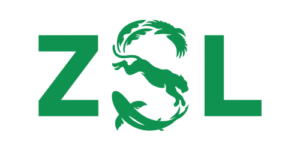
Their mission is realised through groundbreaking science, active conservation projects in more than 50 countries and their two Zoos, ZSL London Zoo and ZSL Whipsnade Zoo.
The Institute of Zoology (IoZ) is a world-renowned research centre within ZSL working at the cutting edge of conservation biology, and specialising in scientific issues relevant to preserving animal species and their habitats.

They are the largest wildlife conservation organisation in Europe with over one million members. Wildlife and the environment face many threats. Their work is focussed on the species and habitats that are in the greatest danger.
Their work is driven by the passionate belief that:
- birds and wildlife enrich people’s lives
- the health of bird populations is indicative of the health of the planet, on which the future of the human race depends
- we all have a responsibility to protect wildlife
They have more than one million members, over 18,000 volunteers, 1,300 staff, more than 200 nature reserves, nine regional offices, a UK headquarters, three national offices… and one vision – to work for a better environment rich in birds and wildlife.
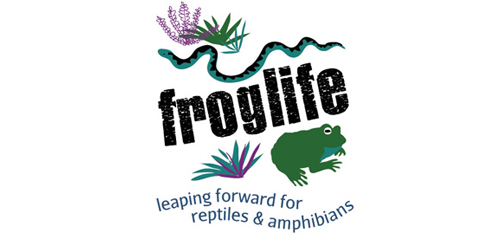
Since 1989 Froglife has been at the heart of efforts to conserve native amphibians and reptiles. Throughout this time they have initiated a number of national and regional projects, and remained a central voice for public advice on issues surrounding reptile and amphibian conservation. Froglife’s work falls into three strands: on the ground conservation, environmental education and communication (the provision of advice/information).
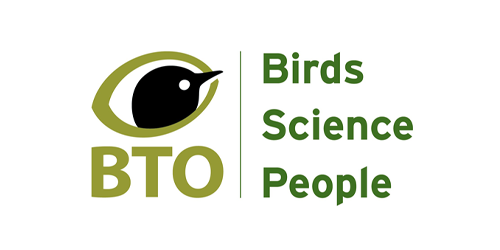
Their long-term monitoring data on the status of UK birds sets the standard worldwide for understanding the effects of environmental change on wildlife. Over 40,000 volunteer birdwatchers, in partnership with professional research scientists, collect high quality monitoring data on birds and other wildlife. The combination of professional ecologists, long-term datasets some in excess of 50 years, and volunteers participating all over the country gives the BTO a unique, impartial and knowledgeable voice in nature conservation.
The Institute of Zoology (IoZ) is part of the Zoological Society of London (ZSL) and has run citizen science projects for wildlife disease investigations since the 1980s. We began by performing post-mortem examinations on garden birds from incidents reported to us directly, or via the RSPB, by members of the public on an ad hoc basis. The Universities Federation for Animal Welfare was instrumental in the development of this research, providing financial support in these early years. This grew into a formal citizen-science surveillance project: the Garden Bird Health initiative (GBHi), chaired by UFAW, which was a partnership between the IoZ, the British Trust for Ornithology, the Royal Society for the Protection of Birds, and other organisations. The GBHi enabled us to identify a range of diseases affecting garden birds in Great Britain and provided information on how best to manage these if they occurred in a garden. Most importantly, the GBHi identified the emergence, spread and impact of finch trichomonosis and enabled us to provide reassurance and advice to members of the public who found diseased or dead birds in their gardens.
In 1989, the IoZ initiated a study into the health of captive-bred red kites (Milvus milvus) before and after their release as part of a national scheme to reintroduce the species to England. Following release, the health of these birds was monitored by investigating the cause of death when red kites were found dead by volunteer networks. This project expanded to include a wide range of other species being released for conservation purposes and became known as the Disease Risk Analysis and Health Surveillance (DRAHS) project. Again, this work has relied on public engagement and involvement to achieve its goals. Perhaps the most important result from this work was the discovery that the decline of the red squirrel (Sciurus vulgaris) is mainly caused by a deadly virus (called squirrelpox virus) carried benignly by the introduced grey squirrel (Sciurus carolinensis).
In 1990, the IoZ began a research programme (the Cetacean Strandings Investigation Programme – CSIP) investigating causes of death of stranded marine animals around the UK coast. This programme relies on the public to report sightings of stranded cetaceans (whales, dolphins and porpoises), seals, marine turtles and basking sharks. In addition, the public contributed survey data on harbour seals (Phoca vitulina) and grey seals (Halichoerus grypus) during the 2002/03 seal distemper virus epidemic. Since its inception, the CSIP has studied links between human activity and marine animal disease. These have included the toxic effects of persistent organic pollutants, the incidence of bycatch and boat-strike, the discovery of gas embolism disease (a condition analagous to the ‘bends’ in humans) and strandings as a potential result of exposure to marine man-made noise.
In 1992, the Frog Mortality Project (FMP), a partnership between IoZ and Froglife, was launched to investigate the causes of death of amphibians in Great Britain. Again, this project involved members of the public who supplied reports and specimens for post-mortem examination. The FMP led to the discovery of a new viral disease of frogs and toads in Britain, caused by a ranavirus – the first time a ranavirus had been found in the UK and the first one that had been found infecting amphibians in Europe. Our research showed that the virus was most likely an incursion from North America. Results from the FMP tracked the emergence and spread of ranavirus disease across the country. We have since shown that this virus is causing population declines of the common frog (Rana temporaria) and is also affecting some of our other native amphibians.
All of these projects have had strong track records in public engagement and, ultimately, in substantially increasing public awareness of wildlife disease issues. These projects have enabled us to determine the profound impacts of disease epidemics on UK garden wildlife species, and to identify other, emerging disease threats, e.g. avian pox infection in great tits, which could potentially have a serious nationwide impact. Also, they show that wildlife disease threats are changeable and unpredictable, and highlight the need for effective multi-species garden wildlife health surveillance. Our research has shown that disease threatens not only rare, but also common, species, and we believe wholeheartedly that disease investigations, in parallel with population monitoring, are vital in informing conservation strategies across species. Hence, we have now launched the Garden Wildlife Health project, which encompasses the GBHi and FMP and extends the range of species to include reptiles and hedgehogs.
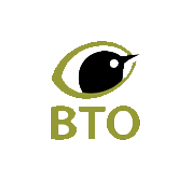
BTO – British Trust for Ornithology

Froglife
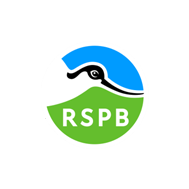
RSPB – Royal Society for the Protection of Birds
Forum members
How our work is funded
GWH receives funding from the UK Department for the Environment Food & Rural Affairs and Welsh Government through the Animal Plant & Health Agency’s Diseases of Wildlife Scheme Scanning Surveillance Programme (Project ED1600), the Esmée Fairbairn Foundation, the Universities Federation for Animal Welfare and the Garfield Weston Foundation.
Where funds are required to support additional GWH research projects, partner organisations work in consultation with each other to obtain grants. The partner organisations and collaborating organisations will explore fund-raising opportunities to support GWH beyond the current funded-period.
